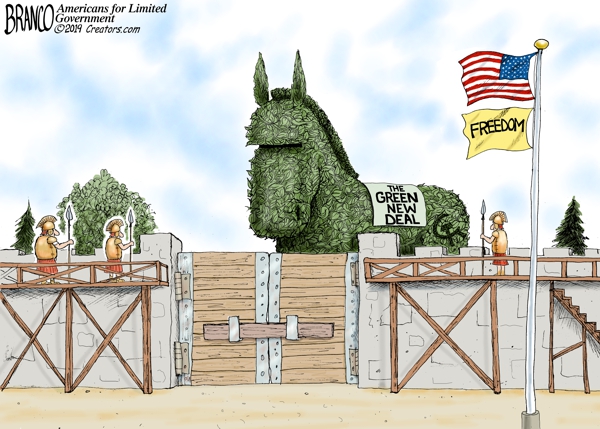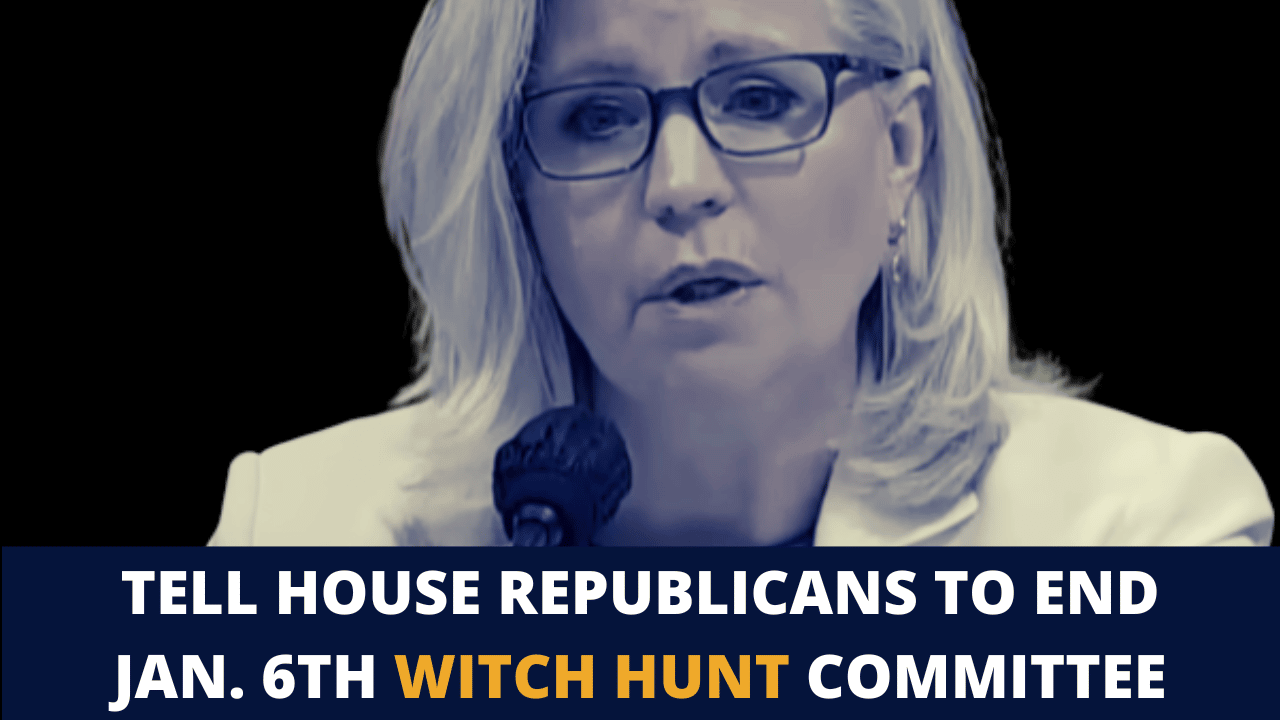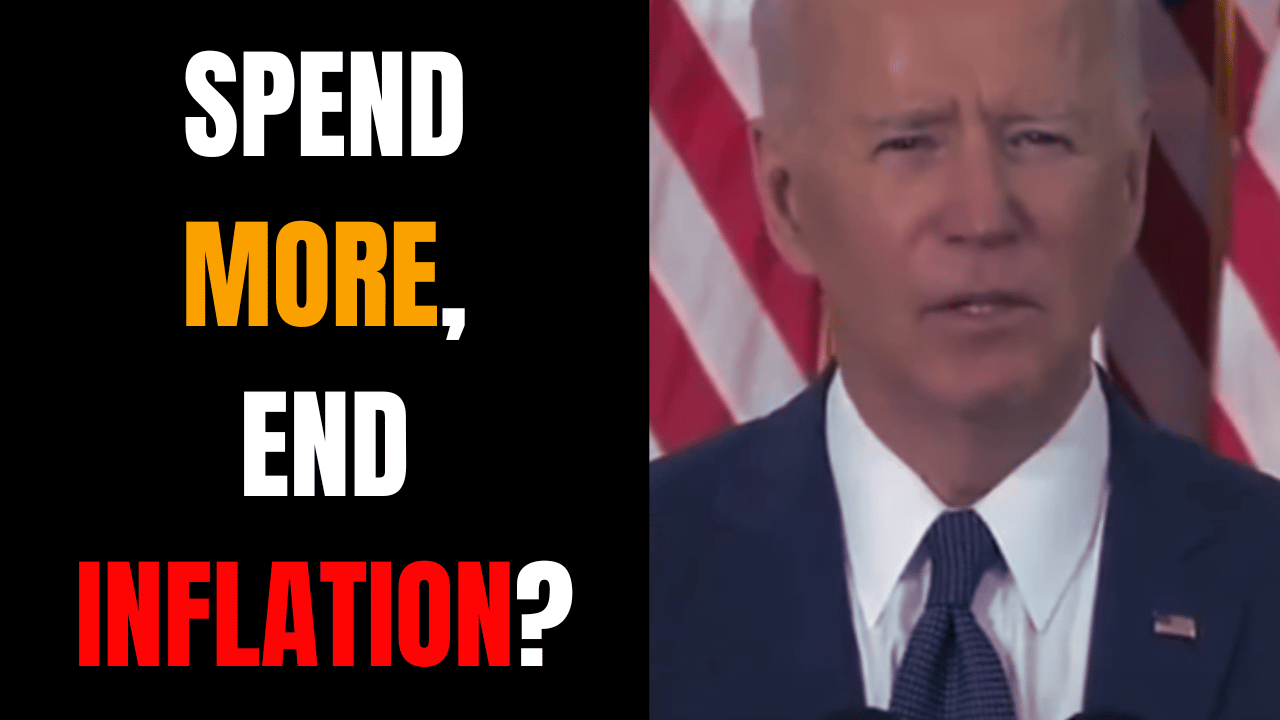Aug. 3, 2022
Permission to republish original opeds and cartoons granted.
Biden’s carbon energy starvation plan contains $369 billion green subsidies, $25 billion of carbon taxes
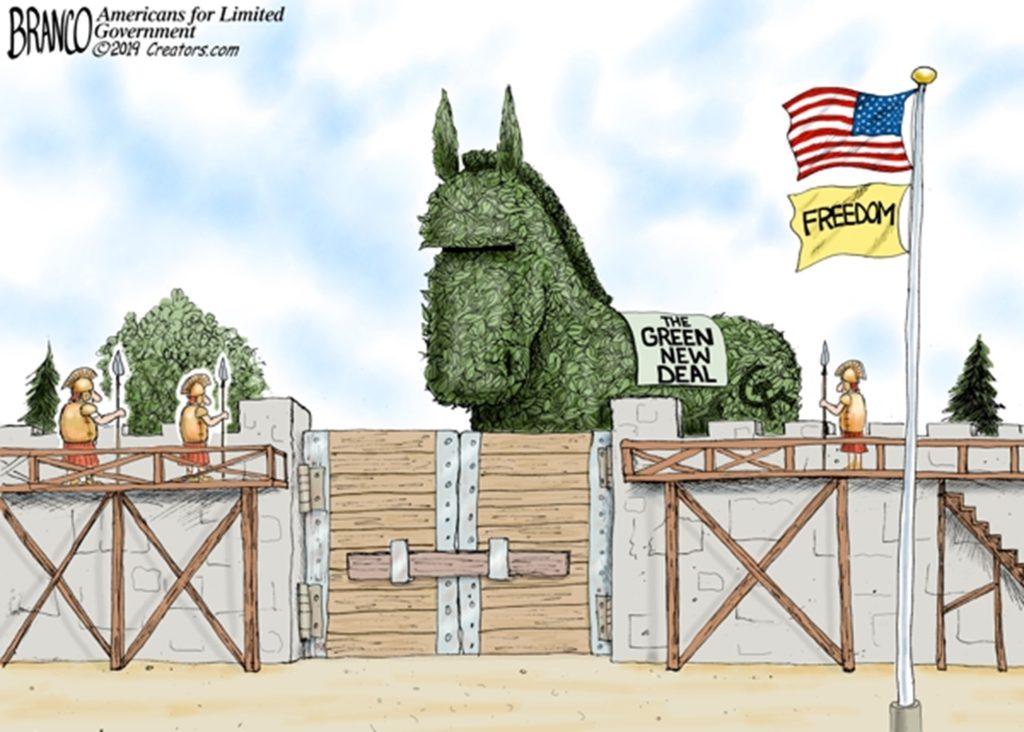
By Robert Romano
President Joe Biden’s legislative agenda has sprung back to life amid consideration of Senate Democrats’ budget reconciliation bill for 2022 that will contain $369 billion of green subsides for solar, wind and electric vehicles, and another $25 billion of additional taxes on the fossil fuel industry, all in a bid to reduce carbon emissions by 40 percent by 2030.
The goal is to reduce carbon-based energy consumption and eventually, to bury carbon for good, even as sky-high energy inflation brought upon by artificial reductions in energy production of oil and gas during Covid that have still not fully recovered.
The rest of the inflation was similarly brought about by economic lockdowns, labor shortages and other production shortfalls that once demand recovered has driven prices quite high.
The truth is, it won’t get any better, any time soon unless we boost oil and gas production in the U.S. Biden’s budget will do the opposite, eliminating oil, coal and gas tax credits, resulting in an additional $25 billion of revenue over the next ten years, reports the Joint Committee on Taxation.
Additionally, the Environmental Defense Fund reports a breakdown of the $369 billion of green subsidies, including, “$250 billion for new refinancing and investment tools to reduce consumer electricity costs through reinvestment at existing and retired energy infrastructure sites,” a $27 billion green infrastructure bank, and “$40 billion in loan authority to help innovative energy technologies, like energy storage, battery and building efficiency technologies reach commercial deployment.”
Also, there is another $9 billion for consumer home rebates, $2 billion for newt transmission lines for solar and wind and $18 billion for Indian tribes energy development.
But there’s no money for new oil refineries, even though we desperately need them.
The bill will not complete the Keystone XL pipeline, even though it would boost North American oil output considerably.
The budget will not expand federal oil and gas leasing or subsidize it in any way, even as carbon-based energy shortages are strangling Europe’s economy and emboldening Russia, which just cut gas output to Europe via the Nordstream pipeline in half.
In fact, oil production in the U.S. is still below pre-Covid levels, and natural gas has only just caught up, the Energy Information Administration (EIA) reports. Coal production peaked in 2008 at 1.17 billion short tons, according to EIA. By 2020, it was down to 535 million short tons.
There is no provision to eliminate environmental, social and other non-fiduciary considerations in tax-free retirement investments, even though those subsidies are absolutely strangling the movement of capital into carbon that we desperate need.
The goal is to strangle the U.S. carbon energy industry, and it’s already working.
If for no other reason than the war in Ukraine, Biden’s green economic transformation should have been postponed, but sensing Congress is slipping through his grasp with the November midterms rapidly approaching — Republicans are favored to win back the House this year — he is proceeding apace with his anti-carbon agenda.
In the latest Economist-YouGov poll only 11 percent said climate change and the environment was their most important issue. 22 percent say inflation, and prices, and another 11 percent say the economy and jobs.
That might call into question just how sustainable Biden’s plan is politically, if it poses so many risks abroad and here at home. In that sense, this is all a huge gamble — that the public won’t overwhelmingly turn against this carbon energy starvation plan in 2022 — and again in 2024.
Robert Romano is the Vice President of Public Policy at Americans for Limited Government.
Video: Biden Wants To Spend BIG To End Inflation?
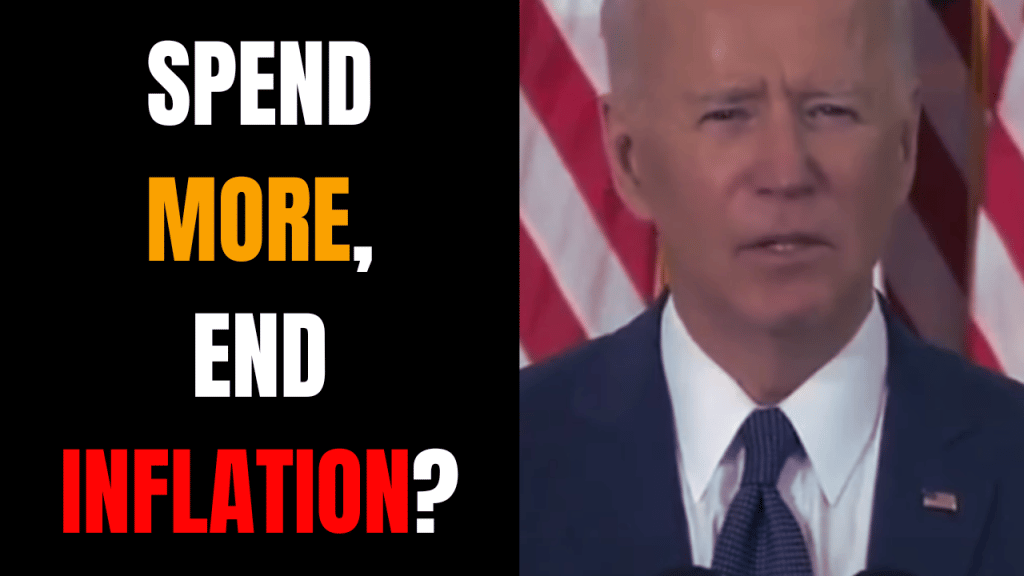
To view online: https://www.youtube.com/watch?v=1ynNaYq385M


The Spectator World: Long overdue backlash against ESG brews
In contemporary finance, a bank’s “head of responsible investing” is meant to be an apostle of woke capitalism: a very modern kind of money man who tours the world touting all the good their employer is doing. So you might have expected a speech on climate change and finance by Stuart Kirk, the man with that job title at HSBC Asset Management, to be a bromide-filled snoozefest about the win-win nature of the transition to the green economy.
But Mr. Kirk’s address at a recent conference on “Moral Money” was nothing of the sort. Instead, he delivered a broadside against the fashionable idea that climate change is a risk that no financial institution can afford to ignore. “Twenty-five years in the finance industry, there’s always some nutjob telling me about the end of the world,” he said, arguing that the impact of climate change would be “de minimis,” given mankind’s talent for adaptation.
For making these claims, Mr. Kirk was lauded as a visionary. We’re kidding: he was suspended from his job. Evidently, a “head of responsible investment” is paid to mouth platitudes, not make any actual judgments on what it means to invest responsibly. Last month, with no end to the suspension in sight, he resigned. “Humanity’s best chance of success is open and honest debate,” he said in a statement. “I will continue to prod with a sharp stick the nonsense, hypocrisy, sloppy logic and group-think inside the mainstream bubble of sustainable finance.”
Mr. Kirk’s dissent ties into a bigger story: the growing and long overdue backlash against ESG investing. Financial products that promise to take ESG (environmental, social and corporate governance) factors into account as well as the bottom line have become big business in a very short space of time. In an admittedly genius con, the titans of modern finance have turned overblown warnings about the state of the planet into free marketing for their products, telling consumers that they can help save the world and get rich at the same time — and arguing that they deserve higher fees given this conscience-cleansing, money-spinning package deal. Does that sound too good to be true? It almost certainly is.
ESG is under justified attack on two fronts. First, companies and investors looking to cash in on the trend are facing closer scrutiny of whether their actions match the marketing hype. In May, German police raided the offices of an asset manager suspected of a level of “greenwashing” that amounts to false marketing. Here in the United States, the Securities and Exchange Commission has started cracking down on potentially false claims made by investment firms peddling ESG products to climate-conscious consumers.
Far more damaging than hollow virtue-signaling, though, are the firms who really do walk the walk on ESG. Across the world, people are learning the hard way what it means for capital to be allocated according to the woke verities of a narrow clique of money managers, regulators and rating agencies.
For the most eye-opening example of the problem, look no further than Sri Lanka. The leaders of the developing island nation sought to cash in on the responsible investing boom, passing a slew of environmental regulations to earn a sky-high ESG score of 98. One of those measures, a 2021 ban on chemical fertilizers, wreaked havoc on a farming-intensive economy. After the ban came into effect, production fell, food prices shot up and tea exports plummeted. From there, things spiraled out of control. A cost-of-living crisis and a sovereign debt crisis culminated in protesters storming the presidential palace and the president, Gotabaya Rajapaksa, fleeing the country on a military jet. Sri Lanka was promised a green pathway to prosperity on the ESG model. Instead of eco-riches, it got the total collapse of the state.
Here in the West, the energy crisis has driven home ESG’s role in high fuel costs, with financing for carbon-emitting energy sources getting more expensive and environmentally picky investors pushing up costs. Meanwhile, the Russian invasion of Ukraine has exposed the dangers of ESG groupthink. Which side of the ESG crowd’s ethical equation should oil and defense companies be on? Evil polluters and manufacturers of killing machines — or crucial agents in the fight against Putin? In a complicated world, the moral certainty of ESG is more than just unrealistic — it’s actively destabilizing.
Then there are the democratic problems that accompany the rise of this supposedly ethical investing. The more important ESG becomes for firms hoping to access capital, the more power goes to ESG rating agencies and other financial institutions. They are free to make arbitrary-seeming decisions with far-reaching consequences. In May, Tesla was dropped from the S&P 500 ESG Index. The reason? Apparently, the world’s most innovative electric car producer’s “lack of a low-carbon strategy.” A curious claim, especially given Exxon still made the cut. “ESG is a scam,” Elon Musk tweeted. “It has been weaponized by phony social justice warriors.” Peter Thiel takes a similar view. He has described ESG as “just a hate factory; it’s a factory for naming enemies.”
Thiel is on the money. While investors should be free to make decisions in line with their values, ESG threatens something more sinister: the systematic punishment of wrongthink. Such a stifling environment isn’t just bad news politically. It could also suppress exactly the sort of innovation that’s likelier to save the world than the tinkering of some do-gooder ESG money manager.
To view online: https://spectatorworld.com/topic/esg-tyranny-editorial/

